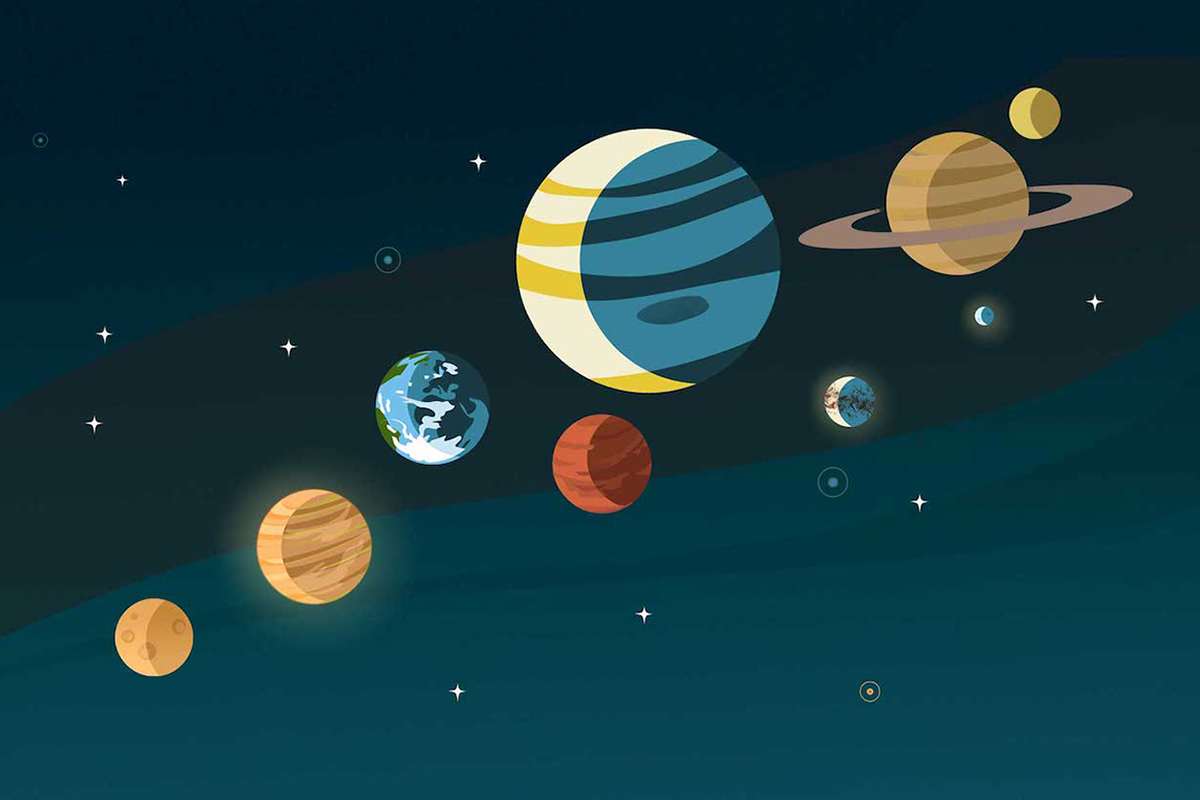Overview:
The planet with the briefest day in the solar system is Jupiter. A day on Jupiter, otherwise called its revolution period, endures something like 9 hours and 55 minutes. This quick pivot is because of Jupiter's enormous size and quick twist, which makes its tropical districts move at an impressive speed.

Jupiter is the biggest planet in our nearby planet group, with a breadth in excess of several times that of Earth. Its huge size brings about areas of strength for a draw, which adds to its fast turn. Also, Jupiter is made generally out of gas, basically hydrogen and helium, which need strong surfaces. This permits the planet's environment to pivot all the more openly, contrasted with earthly planets like Earth.
Jupiter's brief day has critical ramifications for its barometrical elements. The planet's fast pivot makes strong fly streams and environmental groups structural, bringing about unmistakable cloud designs that encompass the planet. The most noticeable of these elements is the Incomparable Red Spot, a monstrous tempest framework that has been noticed for a really long time and is bigger than Earth.
The brief day on Jupiter likewise influences its attractive field. The fast pivot produces areas of strength for a field, making Jupiter perhaps the most attractively dynamic planet in the nearby planet group. This attractive field makes serious radiation belts all over the world, presenting likely perils to shuttles and satellites.
Concentrating on Jupiter's brief day and its barometrical peculiarities gives significant bits of knowledge into planetary elements and the way of behaving of gas monsters. For example, space missions like NASA's Juno shuttle keep on investigating Jupiter, disentangling the secrets of its quick revolution and dynamic environment.
Read more: What is the only planet in the solar system to rotate on its side